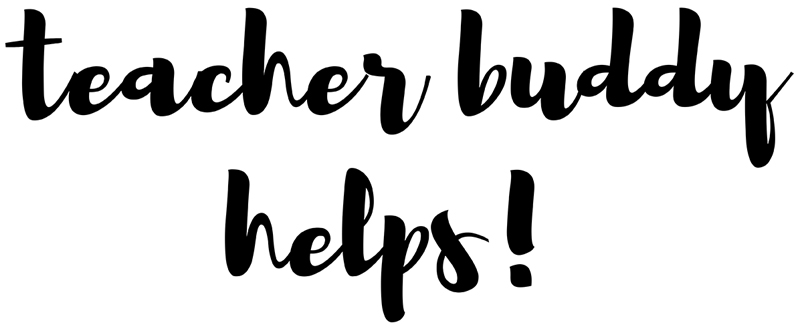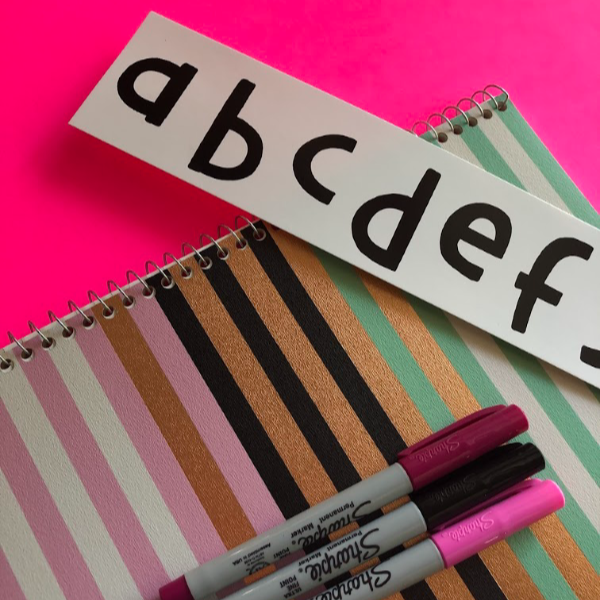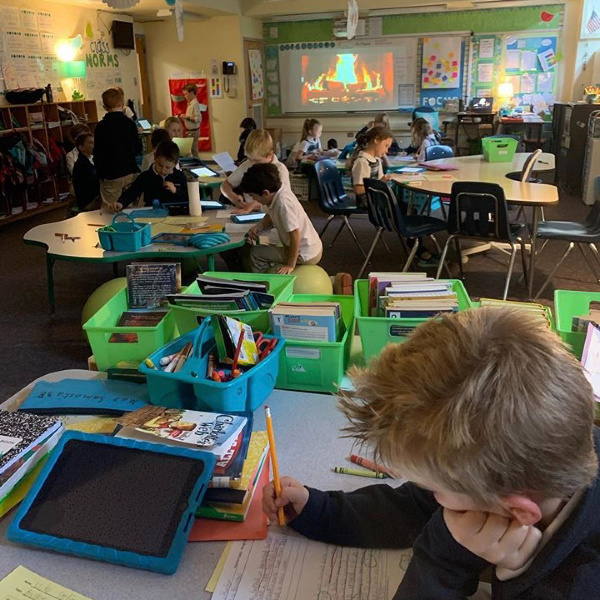Part 2 -Teacher Interview Questions
Teacher Interview Questions – Part 2. Last week I published the first part of this article on teacher interview questions. I listed 12 potential interview topics and explained the first six in detail. Today I will explain the remaining six.

Teacher Interview Questions – the general topics.
Here is the list of 12 topics for you to review again. If you haven’t read Part 1 yet, you can go to that article to read about the first six.
Here’s the link to Part 1; Teacher Interview Questions; Part 1
- Describe your discipline plan.
- Describe what your classroom set up would look like.
- How would you deal with a disagreement with a colleague or staff member?
- Explain your previous teaching experience.
- How would you resolve an issue or concern from a parent of one of your students?
- Explain how you would differentiate for each student when necessary.
- How do you assess student learning?
- Which subject area do you enjoy teaching the most and why?
- What is your experience using technology as an instructional and organizational tool?
- How do you check for understanding during instruction?
- How do you stay organized?
- Tell us about one of your weaknesses.
So, now below I will continue with my
6. Explain how you would differientiate for each student when necessary.
For this item, the panel wants you to discuss what you know about Response to Intervention (RtI) and also Special Education. Please give a detailed answer about this information. If you are unsure about either of these, ask a colleague or send me a comment below and I will fill in what I can.
Here is a quick research article about Response to Intervention (just in case the concept is new to you) from
5 Strategies For Response to Intervention
Also, you can describe how you differentiate within your lessons for certain students who need special care. Maybe a student who doesn’t speak very much English is seated next to a student with a good command or both languages who can translate periodically for the students.
There are tons of examples that you can give. Differentiating for students is what teachers do all day long. Just spell it out specifically for the interview panel.
7. How do you assess student learning?
This topic actually covers two concepts, formative and summative assessments. Formative assessment has to do with assessing during instruction. That is listed as number 10, so I will wait until then to explain it. BUT, if you get a question about assessing students, be sure to discuss both in
Summative assessments are the end of unit or theme exams that occur for teachers to assess learning of the entire concept. It also includes the standardized assessments that each state requires to gather informative student data for the state.
You will want to go into a little detail with the kinds of tests or assessments you would give to the grade-level group. If you are not interviewing for a specific grade (and may be placed in either primary or upper-grade) then you need to give an example of how your assessments would be different for primary students vs. upper-grade students.
An example of this would be that with young primary students, you will need to assess one-on-one for many of the basic concepts. With older students you may choose to use end-of-chapter tests provided by the publishers (or portions of them) that you add to your own questions.
Be sure to mention that you would work closely with the grade-level team to administer any common exams that the school uses (if, indeed, this occurs). It never hurts to mention that you will gladly work with your grade-level colleagues.
8. Which subject area do you enjoy teaching the most and why?
There is no right or wrong answer for this question. The interview panel just wants to hear you speak about something you are passionate about. I LOVE history, so my answer was always Social Studies, and then I would explain why.
You can tie your favorite subject back into Language Arts or Math to show that you understand how to integrate subjects. Just be sure that you speak passionately about it and expand on the details you provide.

9. What is your experience using technology as an instructional and organizational tool?
My biggest guess here is that YES, you will get some type of question about technology. Technology has become such an integral part of our society that teachers are now expected to use it extensively. AND to teach students to use it.
The interview may not specifically ask how you use technology as an organizational tool, but if you do (as most millennial do), you should definitely go ahead and tell how you use technology to help you stay organized. Do you use an online teacher planner? Is there a digital reminder system that you use? Do you keep grades online? Is there a group email system for parents? A class Dojo that is used?
10. How do you check for understanding during instruction?
There are numerous ways to check for understanding during instruction. Some ways I can think of off the top of my head are: using whiteboards, quick hand signals, sharing Cornell note taking, quick writes, random selection, partner sharing and pop quizzes.
I recently wrote another article on these ways to check for understanding during instruction. You can read it here:
How to Implement Quick Assessments During Instruction
Of all of these methods, my favorite by far is partner sharing; if it’s done correctly. I have seen students as young as five be able to turn and tell their partner the answer and then listen while their partner gives their answer.
I have an article about that too;
How to Use Effective Partner Sharing as an Instructional Strategy
11. How do you stay organized?
The interview panel may be looking for clues that you can stay organized and juggle the demands of teaching. My BIGGEST, GREATEST, MOST EFFECTIVE advice for this question is also advice for you to implement RIGHT AWAY! This advice is to PLAN A WEEK IN ADVANCE.
If this concept is new to you, I have discussed this process in the following two articles.
Teacher Organization – How to PREPARE and Stay Focused
12 Reliable Survival Tips for First-Year Teachers.
If you have not yet begun to plan a week ahead of time, I strongly suggest that you find a way to incorporate this organizational process. It will actually change your life.
Back to answering this question if it’s asked during your interview. You can provide specifics on how you keep yourself organized for the classroom.
If you are freshly entering the teaching world from college, then describe how you kept yourself organized during college to juggle the demands of each class and
12. Tell us one of your weaknesses.
You may or may not be asked this question. I have had it in my administrative interviews. And my son has had it during his interviews in the business world.
The concept behind this question is to see if you can respond in a way that turns your weakness into something positive in the world of teaching.
If this question stumps you and you are just not sure what you could say, then my suggestion is to say, “Sometimes I get really attached to my students and worry about them.”
Do you see how this may sound, at first glance, like a weakness, but then it sends the message that you are a caring person who would make an excellent teacher?
In Conclusion
With this list of possible teacher interview questions, you should be able to go into the interview session with more confidence. Keep in mind that often the questions are formatted in a scenario situation, but you need to think on your feet. How do those scenarios lead you to build a response that shows your abilities.
Remember to answer the questions thoroughly, yet succinctly. Often with scenario type questions, you may need to hear the question read again. It is fine to ask the panel to read
When I was a principal on interview panels to hire teachers, there were some applicants who would go on and on and on with their answers. Don’t be one of those! Give your answer, and provide supporting details but don’t drag it out. No answer should be more than 5 minutes.
If you tend to worry prior to interviews, practice with your partner or parent. They will be glad to listen to how you would answer a question.
I hope you have found these two articles helpful. Good luck on your interviews.
Until Next Time,
Your Teacher Buddy







You skipped number 10? I know you referenced formative assessment in number 7, however I’d like to hear if you had any different advice for it? Thank you!
Kyrie,
Thanks for catching that error. I just went back in and added #10. And it ends up there are two additional articles that discusses items listed in the answer. Good luck to you.
Thanks,
Dawn